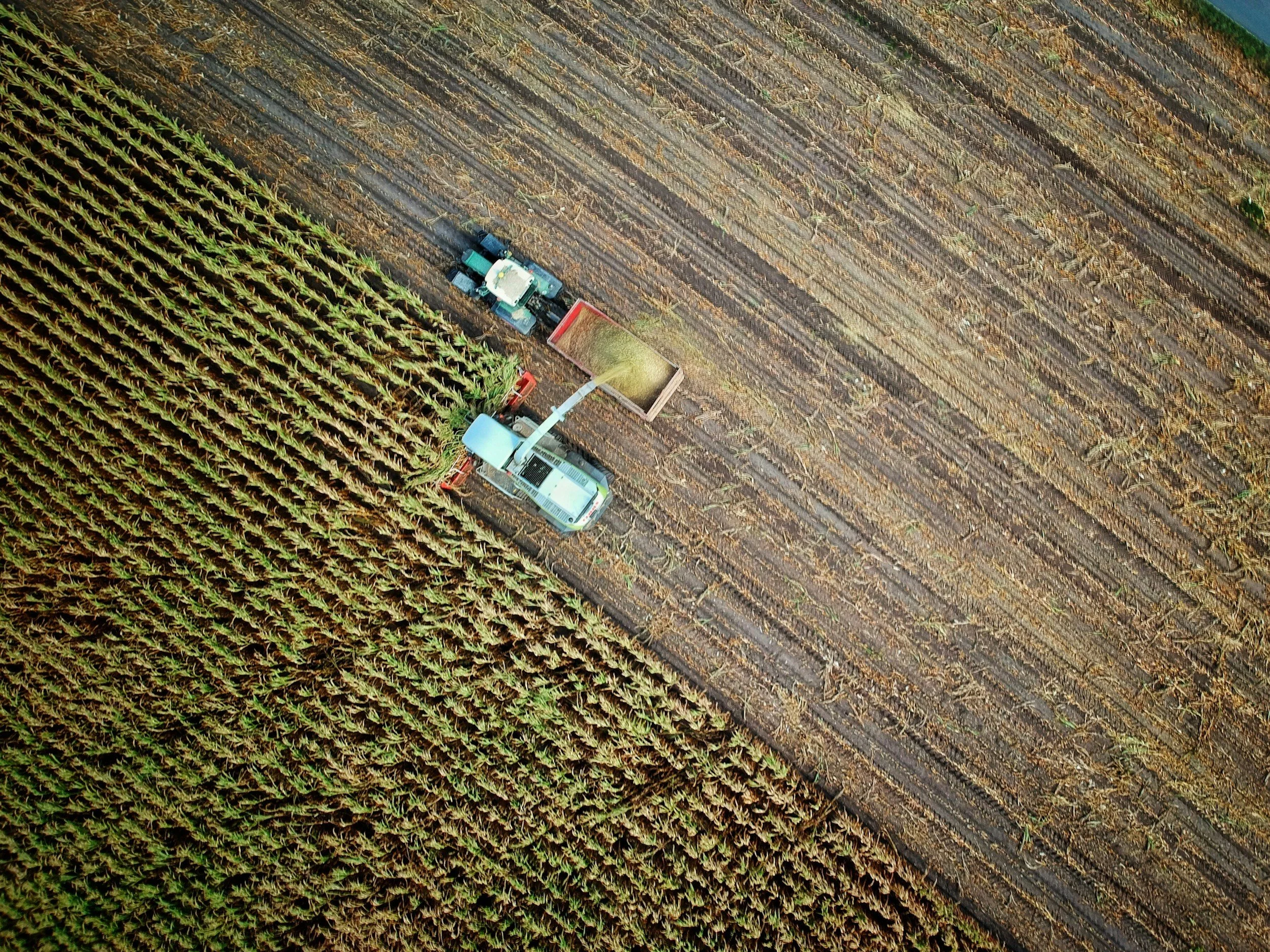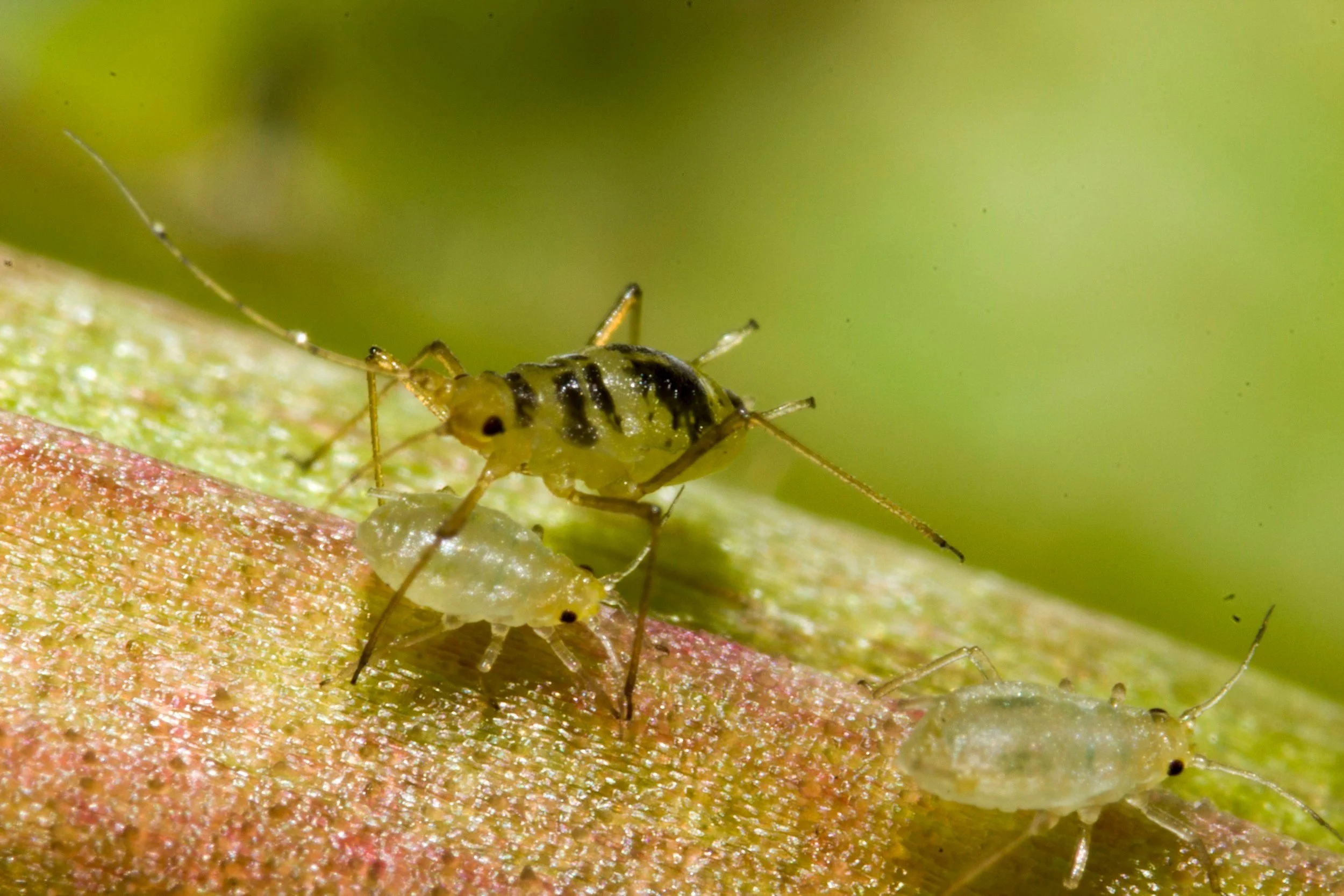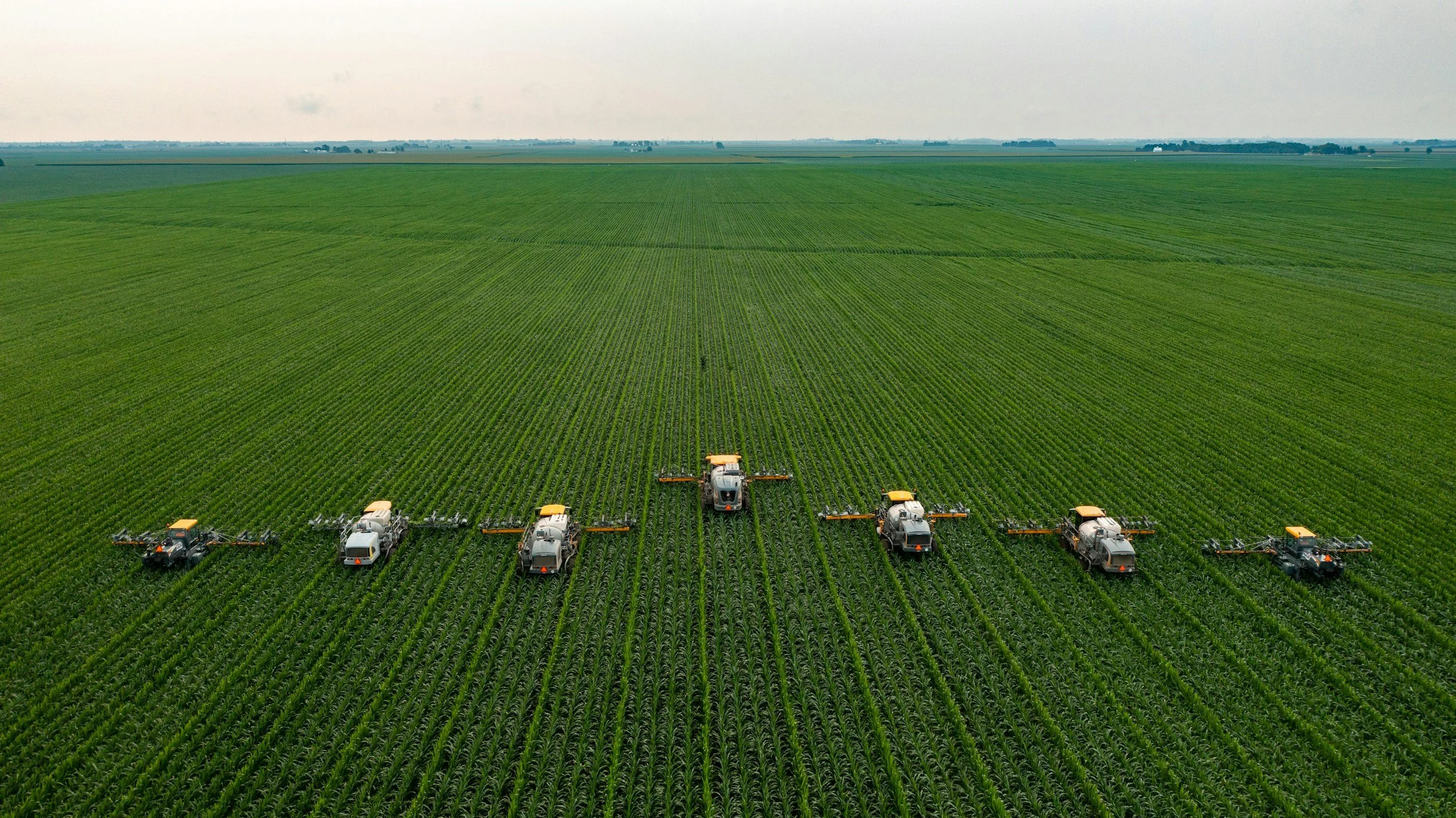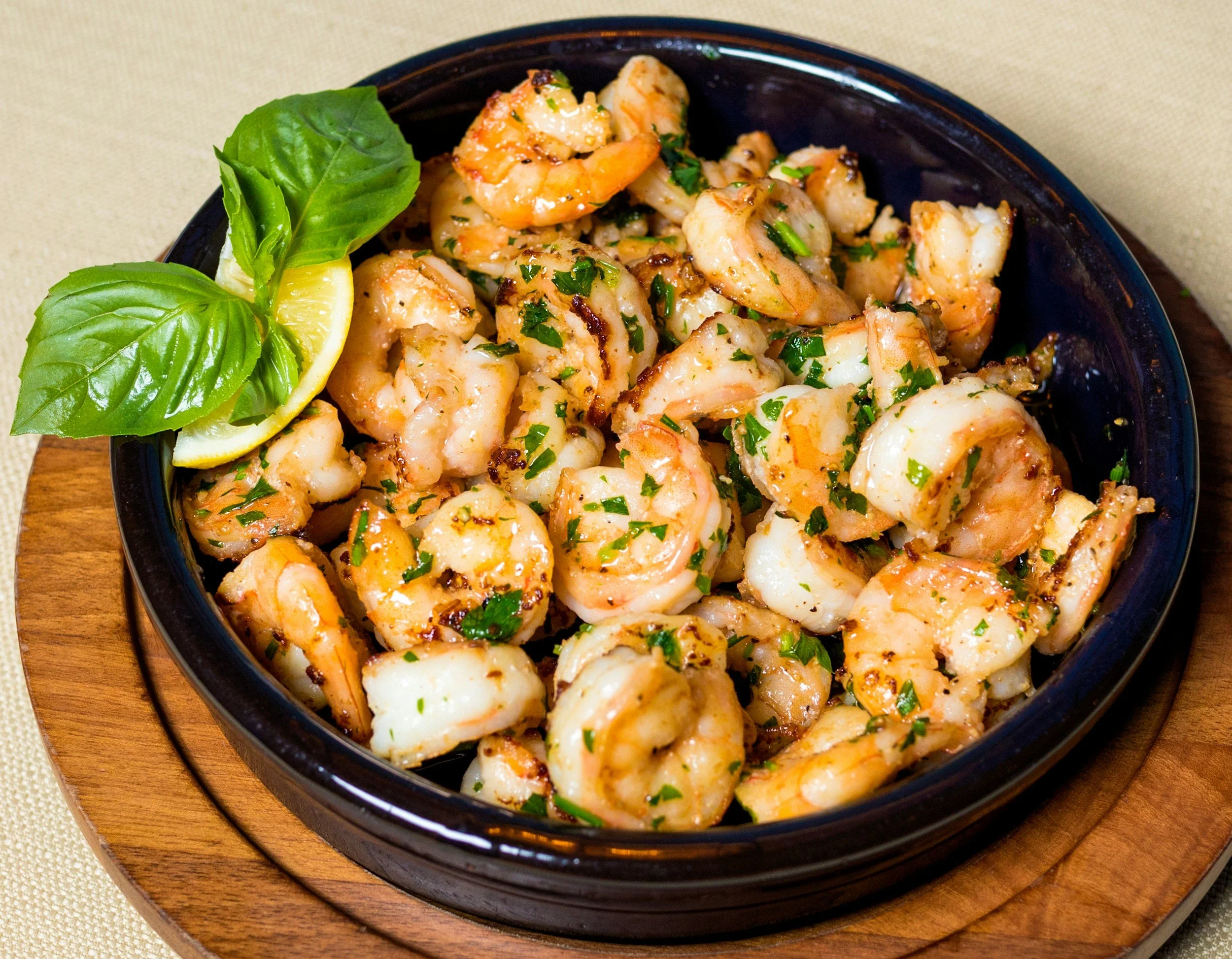8 Things to Know Before Choosing Wheat Seeds for a Better Harvest
/Did you know that wheat is grown on over 40 million acres in the U.S. each year? Yet not every farmer gets the same return per acre. If you wonder why, then you should know that one of the biggest factors behind the productivity of crops is the quality and type of seed used.
Read More
















































